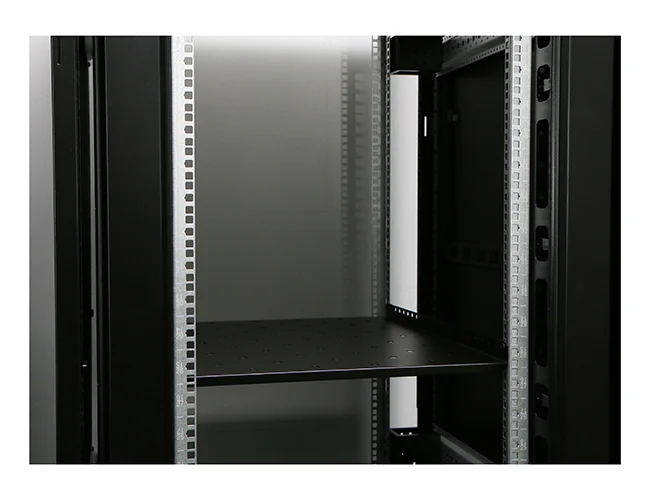News
Site Editor
 Site
https://leonetworkgroup.usa18.wondercdn.com/uploads/image/5fe152faa587d.png
Are All SFP Modules Compatible?SFP (Small Form-factor Pluggable) modules are hot-pluggable, transceiver modules used in networking applications. These modules are used to transmit and receive data over optical fibers or through copper cables. SFP modules are widely used in telecommunication, data communication, and storage area networks. The compatibility of SFP modules is an important factor to c
Site
https://leonetworkgroup.usa18.wondercdn.com/uploads/image/5fe152faa587d.png
Are All SFP Modules Compatible?SFP (Small Form-factor Pluggable) modules are hot-pluggable, transceiver modules used in networking applications. These modules are used to transmit and receive data over optical fibers or through copper cables. SFP modules are widely used in telecommunication, data communication, and storage area networks. The compatibility of SFP modules is an important factor to c
Are All Sfp Modules Compatible
Views: 428
Author: Site Editor
Publish Time: 2023-07-12
Origin: Site
Are All SFP Modules Compatible?
SFP (Small Form-factor Pluggable) modules are hot-pluggable, transceiver modules used in networking applications. These modules are used to transmit and receive data over optical fibers or through copper cables. SFP modules are widely used in telecommunication, data communication, and storage area networks.
The compatibility of SFP modules is an important factor to consider when purchasing them. The primary consideration for compatibility is the standardization of the SFP interface. The SFP interface standard is designed by the Multi-Source Agreement (MSA), an industry consortium of equipment manufacturers. The MSA ensures that all SFP modules follow the same specifications, allowing for compatibility between different manufacturers’ products.
The key specifications of SFP modules include speed, wavelength, and distance. The speed specification refers to the data rate of the module, which is expressed in bits per second. The wavelength specification refers to the color of the light transmitted by the module, which can be either single-mode or multi-mode. The distance specification refers to the maximum distance that the module can transmit data reliably.
When purchasing SFP modules, it is important to consider compatibility with the network equipment. Not all equipment is compatible with all types of SFP modules. For instance, some switch manufacturers specify which SFP modules are compatible with their equipment. The switch manufacturer may also require certification of the SFP module vendor for the module to be recognized as compatible.
Furthermore, the compatibility of SFP modules also depends on the topology and architecture of the network. Different network topologies require different types of SFP modules to transmit data effectively. For example, in a fiber channel network, the SFP module must be compatible with the fiber channel protocol to ensure that data is transmitted efficiently.
It is also worth mentioning that some manufacturers produce specialized SFP modules designed to work with their equipment. These specialized modules often have a unique form factor or connector type that is not compatible with other equipment. Therefore, it is essential to check the compatibility of the SFP module with the specific equipment and network topology.
In conclusion, while the SFP interface is standardized, not all SFP modules are compatible with all equipment. It is crucial to check the specifications and compatibility requirements of the SFP module to ensure that it is compatible with the network equipment and topology. The compatibility of SFP modules is an essential factor to consider in network design, and choosing the wrong module can result in network downtime and decreased data transmission efficiency.
If you want to know more about industrial network cabinet,china fiber optic splice closure,china fiber optic distribution box,please consult the fiber optic splice closure factory









